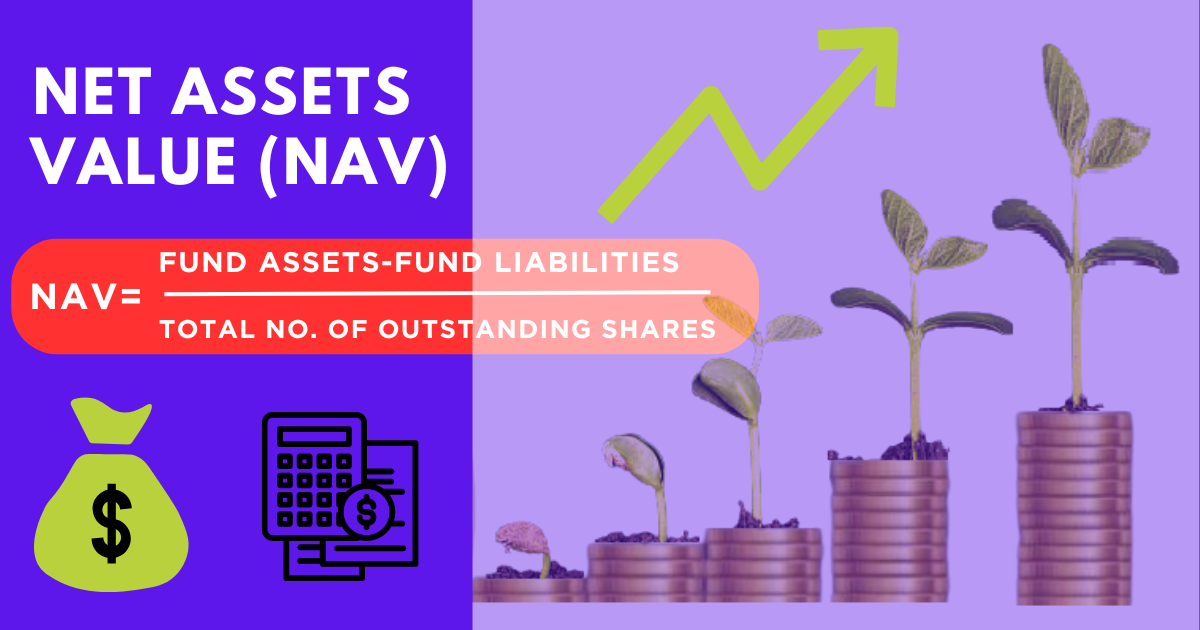
When you invest in mutual funds, you have to some pay fees. But a no-load mutual fund is a type of mutual fund that doesn't charge a fee when you buy or sell shares. This means that all your money goes towards buying shares of the fund. But there are still other fees that you need to know about, like management fees and other expenses.
In this article, we'll explore what no-load mutual funds are, how they work, and the benefits and drawbacks of investing in them.
Table of Contents
What is a No-Load Mutual Fund?
A no-load mutual fund is a type of mutual fund that doesn't charge a sales fee when shares are bought or sold. This means that 100% of an investor's money goes toward buying shares of the fund, rather than being reduced by a sales fee.
However, it's important to note that no-load mutual funds still have other fees associated with them, such as management fees and other expenses. These fees are typically lower than those charged by load funds, but they still exist.
How Does a No-Load Mutual Fund Work?
You can buy no-load mutual funds directly from the mutual fund company or through a brokerage firm. And just like any other mutual fund, a no-load fund takes money from many investors to buy a mix of stocks, bonds, or other securities. The performance of the fund depends on the performance of those investments.
Like all mutual funds, no-load funds pool money from many investors to buy a diversified portfolio of stocks, bonds, or other securities. The performance of the fund is based on the performance of the underlying investments.
Benefits of No-Load Mutual Funds
The main benefit of investing in a no-load mutual fund is that you can buy and sell shares of the fund more frequently without incurring additional costs. And they are usually less expensive than other funds. But there are some drawbacks too. Since no sales fee is charged, brokers may be less likely to recommend them to their clients. And they may have higher expense ratios than other funds, which can eat into your returns over time.
Drawbacks of No-Load Mutual Funds
While no-load mutual funds have their advantages, they also have some drawbacks to consider. Because there is no sales fee charged, there is less incentive for financial advisors and brokers to recommend no-load funds to their clients. This can make it more difficult for investors to find information and advice on these types of funds.
Additionally, no-load funds may have higher expense ratios than load funds, which can eat into investors' returns over time. It's important to compare the fees and expenses of different funds before making an investment decision.
Conclusion
No-load mutual funds are a popular choice for investors who want to avoid sales fees when buying or selling shares. While they have lower fees than load funds, they still have other expenses that investors should be aware of. It's important to carefully evaluate the fees and expenses of different funds before making an investment decision.
As with all investments, it's important to do your research and consult with a financial advisor before making any investment decisions.
So in a simple sense, before investing in a no-load mutual fund, you should compare the fees and expenses of different funds. And, as with any investment, it's important to do your research and consult with a financial advisor before making any investment decisions.





Leave a comment